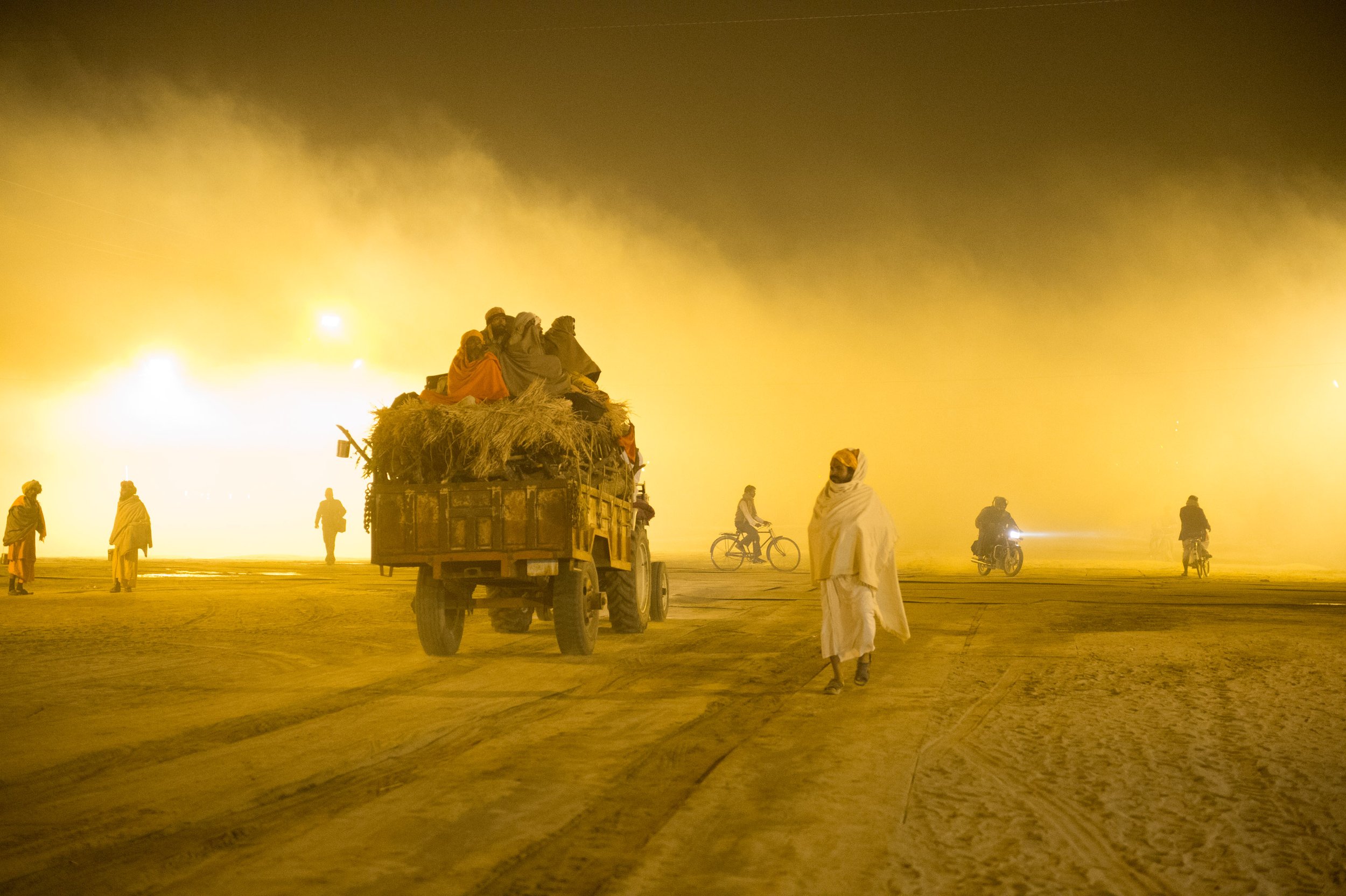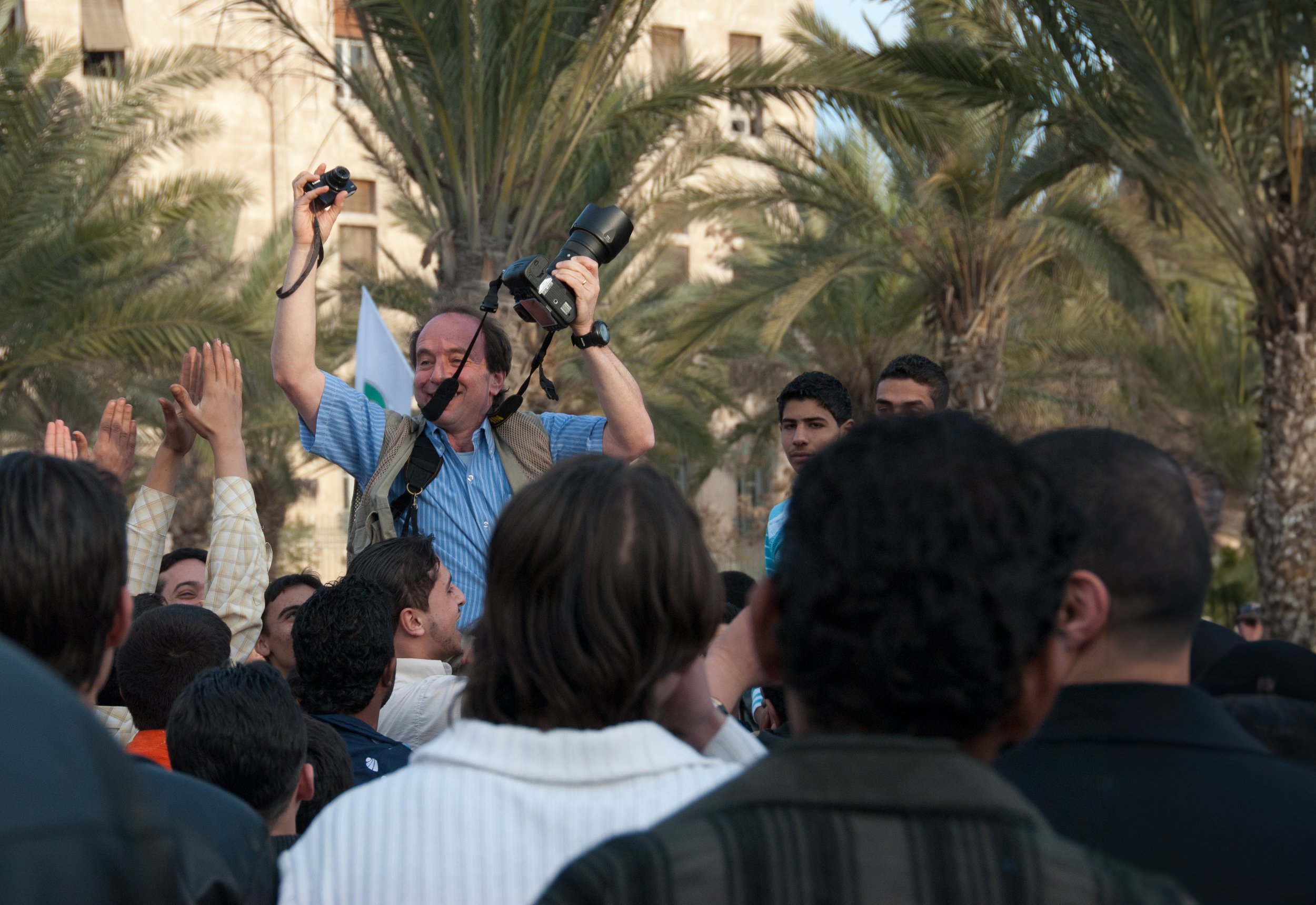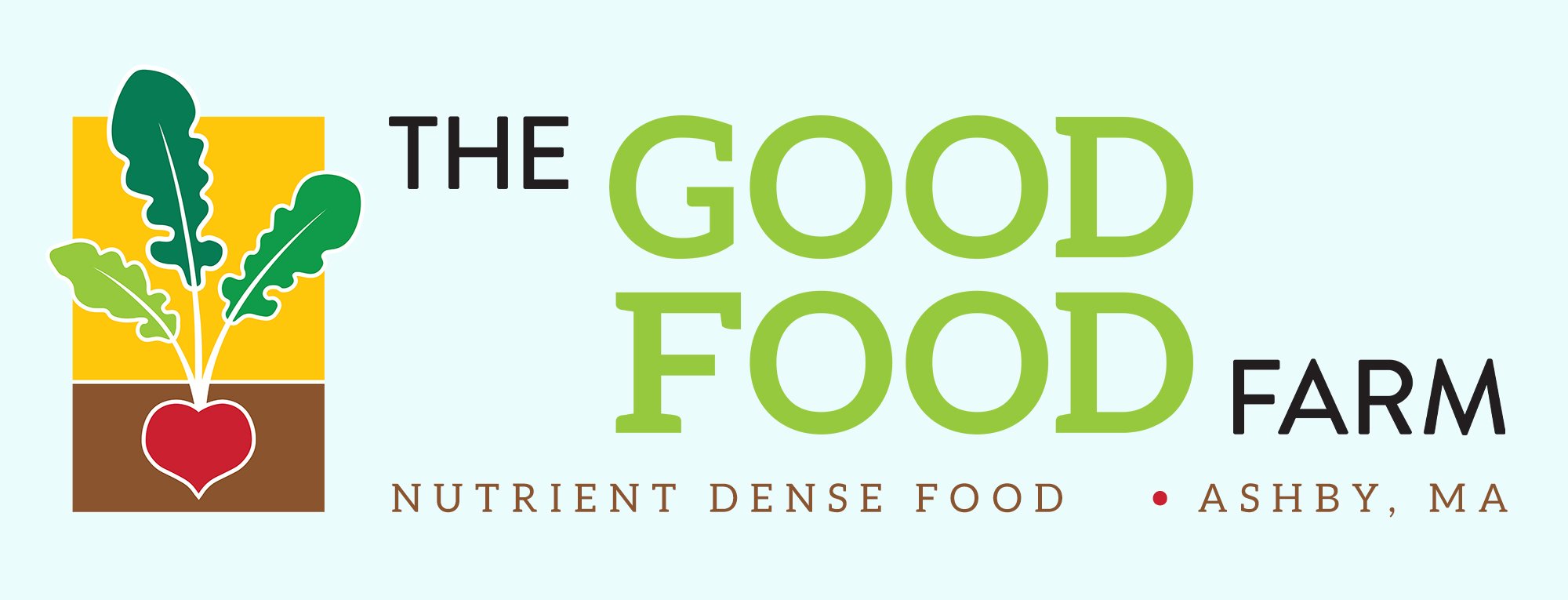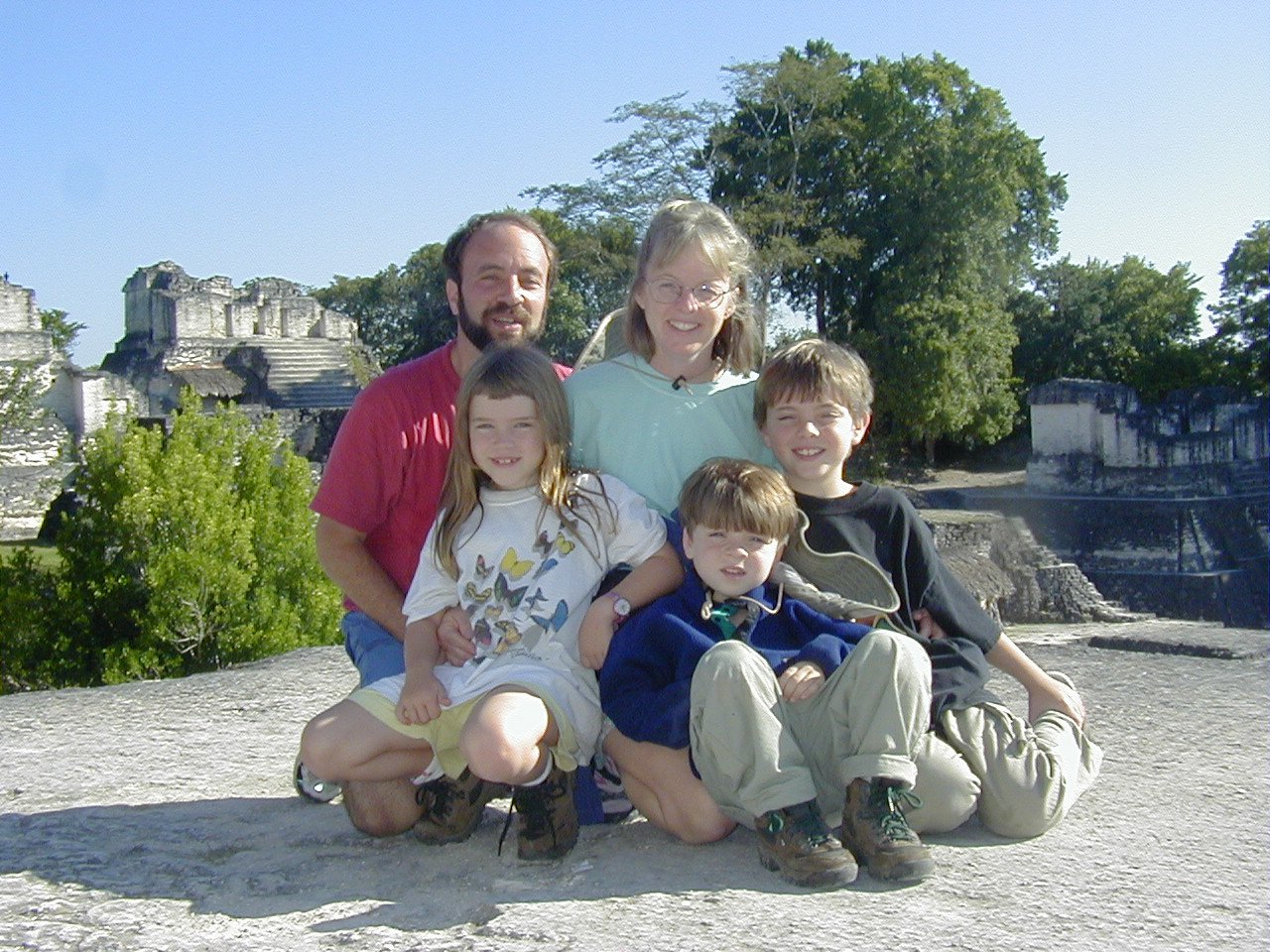
Dick Simon is an entrepreneur, social enterprise philanthropist and catalyst for change.
Dick is co-founder, former CEO and Board member of Sensorium Therapeutics, a biotechnology company leveraging cutting-edge chemistry, neuroscience and machine learning to develop nature-inspired psychoactive medicines for mental health. Based in Boston, MA, Sensorium is advancing drug programs and a discovery platform and closed a $31mm Series A financing led by Sante Ventures.
A serial entrepreneur and leader in advancing innovative modalities to impact the mental health crisis (including psychedelic-assisted therapies), Dick is the Chairman of the Advisory Council of Center for the Neuroscience of Psychedelics at Massachusetts General Hospital, Co-Founder and Board member of the Boston Psychedelic Research Group, Advisor to VETS, and on the Steering Committee for the Psychedelic Science Funders Collaborative. Dick regularly speaks to audiences around the world to shift public perspective and reduce stigmatization related to the use of these medicines.
After September 11, 2001, Dick co-founded and led the YPO Peace Action Network which leverages personal and business relationships, resources, and expertise for conflict resolution on local and global levels.
Dick launched the kNOw THEM Initiative to raise awareness about the most dangerous four-letter word in the English language, THEM, which marginalizes, dehumanizes and creates conflict. The Initiative includes print and social media campaigns and public lectures, as well as educational curricular materials.
In 2021, Dick founded The Good Food Farm with his wife Patty and farmer Andrew Johnson. The Ashby, MA farm exists to apply regenerative agriculture principles and practices to growing nutrient dense, affordable crops.

Dick travels extensively and leads delegations of business leaders to areas that are traditionally difficult to access and understood only as adversaries in the West. He has photographed and gathered the stories of people on all sides of conflicts, and his photographs and personal accounts from areas such as North Korea, Iran, Syria, and Israel/Palestine have appeared in major media including the New York Times, BBC, NPR/PBS, Boston Globe and Huffington Post, as well as national galleries and museums. He speaks about his work in presentations all over the globe.
In 2016, Dick decided to combine his passion for cycling with the mission of the kNOw THEM Initiative to create the kNOw THEM America Bike Trip. Riding across the country through the North in 2016 and again through the South in 2017, Dick photographed and interviewed the people he met in order to challenge his own preconceived notions of THEM, those who live differently than he does and have political views other than his own.
Documentation of these trips can be found here.
When their three children were 6, 8, and 10, Dick and his wife took them out of school and spent a year traveling throughout the developing world in order to give them a broader perspective. This dramatically shifted all of their perspectives on the world: they experienced places directly, without media filters, spent time with people to understand our similarities and learn from our differences, and celebrated the unique culture of each location.
Documentation of this trip can be found at simonfamily.org.







